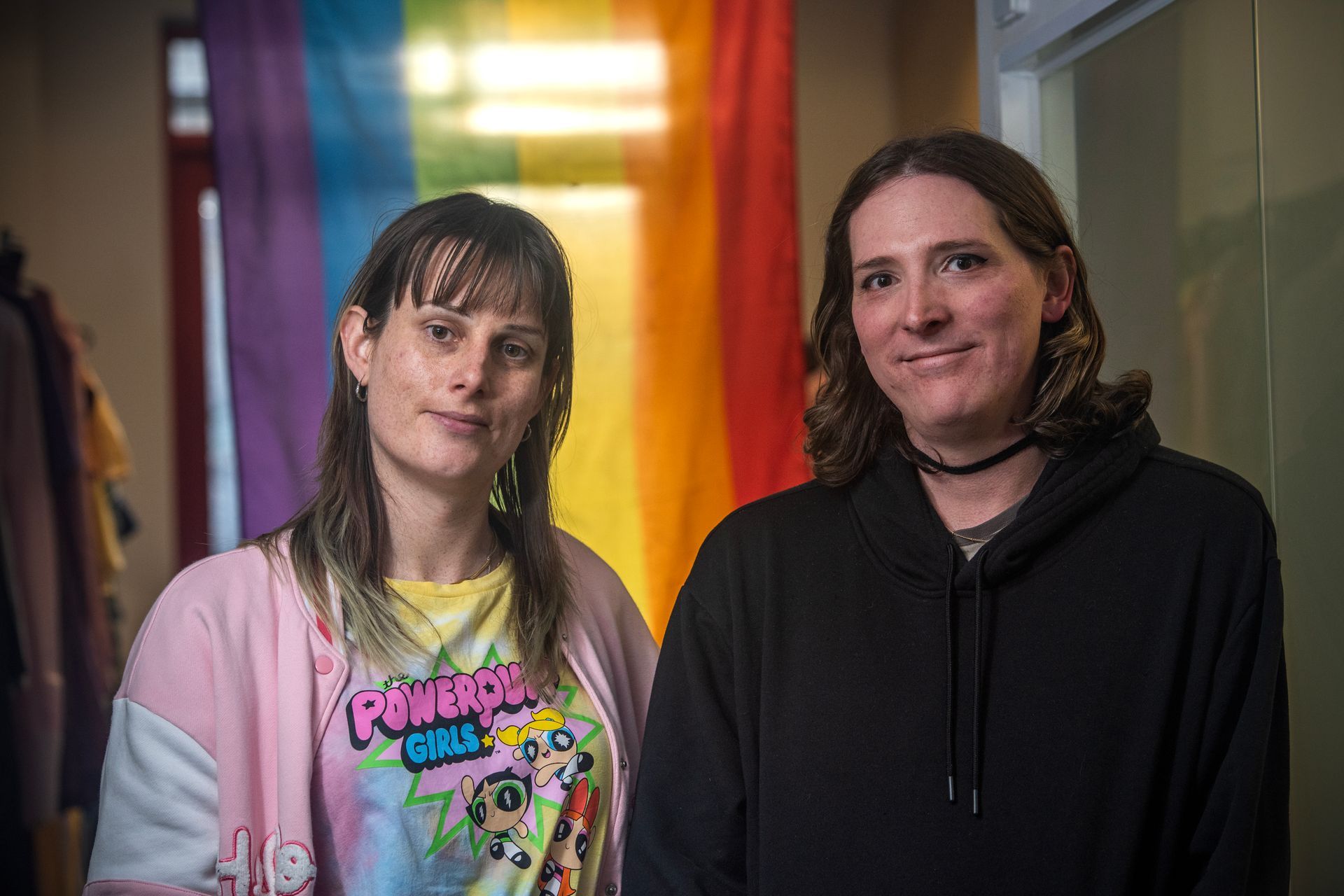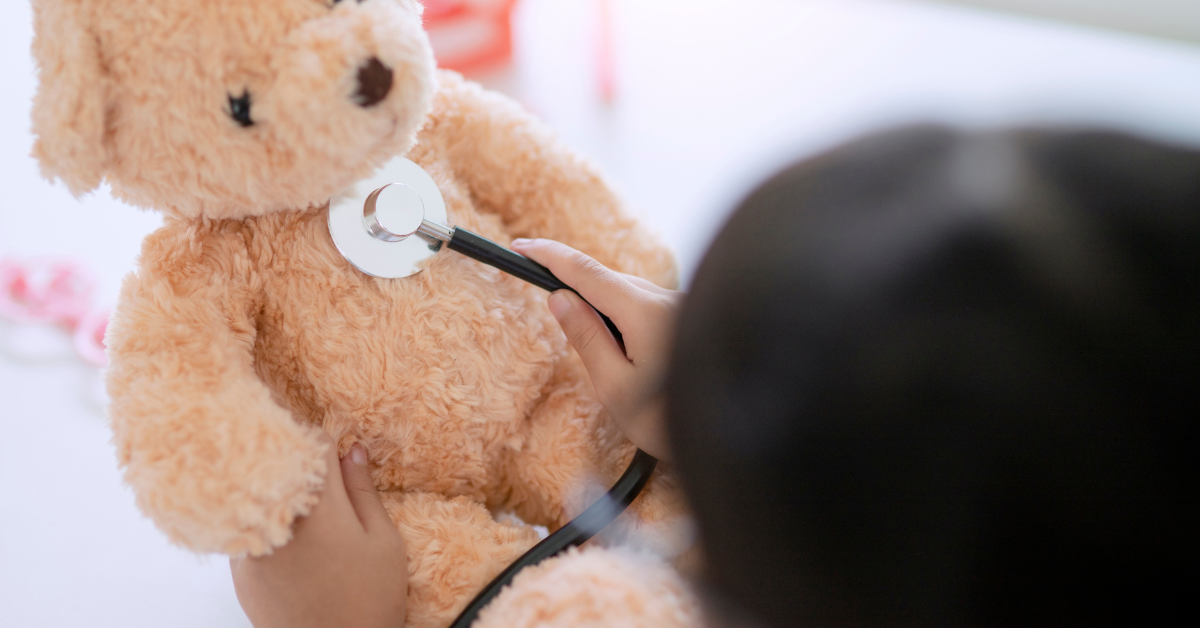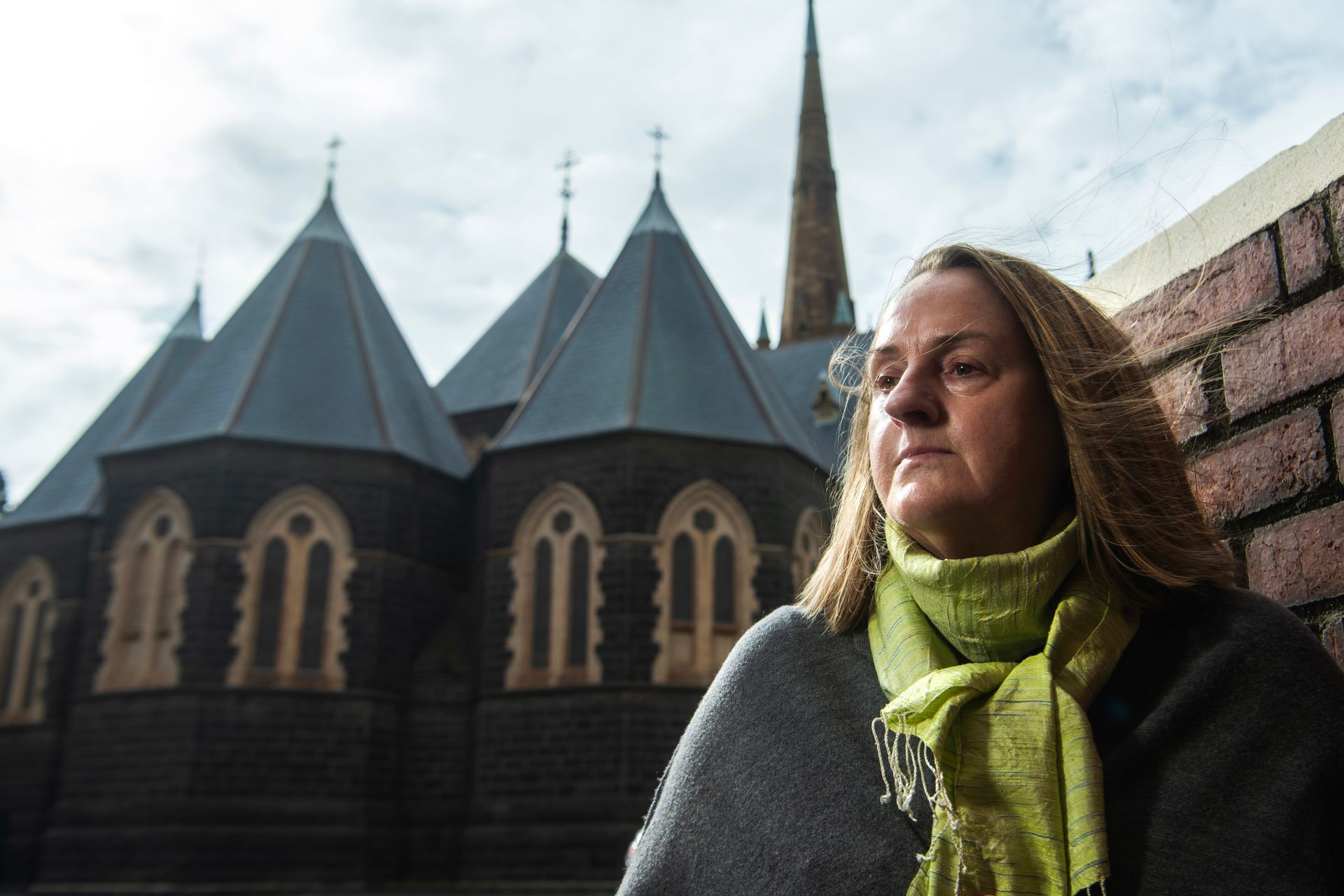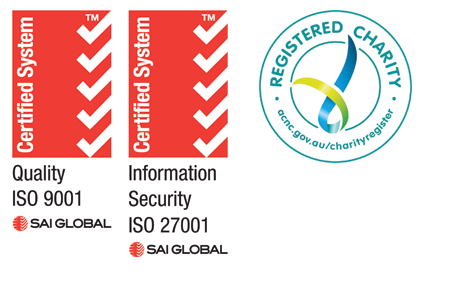Targeted mental health programs
Effective mental ill health responses are conditioned and constrained by factors such as age, location and culture. NWMPHN is committed to building programs that work for each cohort.
attendances to Ready, Steady, Family program information sessions
residents completed treatment across older adult mental health programs
mentor-mentee sessions delivered via the LGBTIQA+ Mentoring Project
NWMPHN’s commitment to health care equity means researching, designing and deploying programs geared to the unique needs of at-risk communities. Our approach is to work directly with marginalised groups, and to listen to their voices. Our aim is to enable early interventions, leading to better outcomes.
In this section
The Queerspace LGBTIQA+ Mentoring Project is a peer-support program for community, by community, delivered by Drummond Street Services. In 2024-25 it provided psychosocial and community support 80+ LGBTIQA+ mentees and delivered 726 hours of client support, including immediate, life-saving intervention for high-risk individuals.
The Working Together for Kids program is delivered by Werribee Mercy Hospital and provides culturally safe services to children aged five to 12. Centered on the Wyndham local government area, it enables access to a paediatrician for specialised services including autism, occupational therapy, speech therapy and audiology.
Support After Suicide is a free postvention and bereavement service for people in the NWMPHN catchment affected by suicide. Delivered by Jesuit Social Services, it has been running for 21 years. As well as personal support, it also delivers educational sessions to the health and community services workforce, community members and other professionals.
Run by Holstep Health, this program provides mental health and wellbeing supports for people over 55 with mild to moderate mental illness, and for those at risk of developing mental illness due to psychological stressors. Practitioners take an evidence-based and recovery-focused biopsychosocial approach to strengthening wellness, mind care and social connectedness.
The Check-In program is run by Melbourne City Mission in partnership with St Vincent's Hospital, providing care and support to young people experiencing complex mental ill health and homelessness. Providing clinical and non-clinical support and interventions, the multidisciplinary team comprises specialist mental health peer workers, occupational therapists and care coordinators.
Youth Projects is an independent, registered charity that provides health, outreach, employment, education, and training services to individuals experiencing disadvantage including unemployment, homelessness, mental health challenges, and alcohol and other drug dependency. NWMPHN commissions it to deliver location-based after-hours primary health services for people experiencing or at risk of homelessness.
NWMPHN commissions and works closely with the Victorian Aboriginal Health Service to provide culturally safe treatment and support for young First Nations people experiencing, or at risk of, severe mental ill health. The central role of Aboriginal health workers ensures sensitivity during engagement, and complements the work of non-Aboriginal clinicians.
Funded by NWMPHN, Drummond Street Services implements the Ready, Steady, Family program. It supports new parents and caregivers during the antenatal and postnatal periods, enhancing mental health and wellbeing. Started in July 2019, by the end of 2024-25, 1008 clients engaged with this program for individual and family support.
The Enrich project provides mental health services to people aged 12 to 24 living in Sunbury or Macedon Ranges. It is delivered by Orygen and Sunbury Cobaw Community Health and provides enhanced access to medical care, care coordination and evidence-based psychological interventions.
This Aboriginal and Torres Strait Islander mental health program provides treatment and support to adults experiencing, or at risk of, mild to moderate mental health and wellbeing concerns. Delivered by the Victorian Aboriginal Health Service, it operates through a social and emotional wellbeing model and client-directed, strengths-based care. It empowers positive decision-making and self-management.






